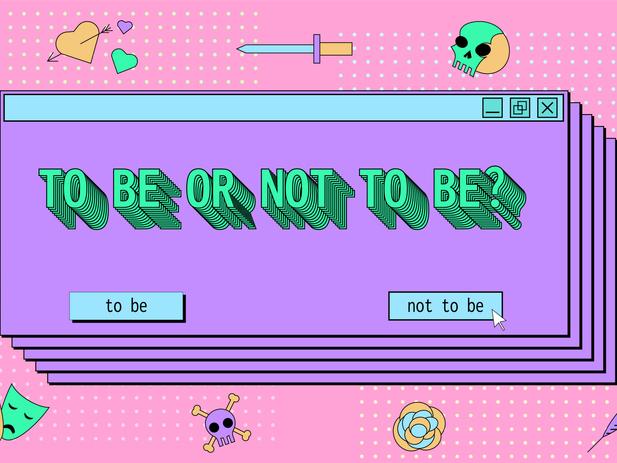
Tax Taylor Swift
Is sustainability a ‘blank space’ in professional music education? Not exactly. Music students want to make an impact and some music academics are embedding the UN Sustainable Development Goals in the curriculum
You may also like
Popular resources
Music classrooms are not usually places where people propose new taxes. But when I asked my students to think about the carbon footprint of the music industry last year, the discussion took an interesting turn. Taylor Swift’s private jets are hardly a secret, but I didn’t expect a group of students to propose an ecological excise tax on the global pop star. An equally large group of students (let’s call them the Swifties) were horrified. One reminded the group that “the adults” had recently locked up young people for two years to protect more vulnerable older generations from a global pandemic. The only thing that has sustained them through the lockdowns was Taylor Swift, streamed into their bedrooms via carbon-intensive server farms.
Sort out your own unsustainability first, they told me. Taylor Swift is not the problem.
Colleagues reported similar experiences. Undergraduate modules in music therapy, community music and music education are more popular than ever. Music students want to help others in a world overshadowed by warnings about stark inequality, imminent ecological collapse, political polarisation and the spread of war and violence. Our master’s courses in music management and music education are also booming, thanks primarily to students from China keen to make a positive difference in their home country’s enormous creative sector.
Today’s music students, wherever they are from, are digital natives, even if some of them arrive at university loaded up with their parents’ (or grandparents’) vinyl record collections. They come to us with production skills that a generation ago would have been the province of a select technological elite. We work hard to keep pace, and to provide them with the classroom experiences they need to employ these tools creatively. When they hear about the carbon footprint of musical technology, including most recently energy- and water-gobbling generative AI applications, they want to know more. They want to be part of the solution.
- We need to bang the drum for music degrees
- Play on: how to build community on campus through music
- Income should not determine outcomes for young musicians
So we redesigned our curriculum, with wind in our sails from university-wide initiatives in sustainability education. From 2026-27, all single-honours music students at Southampton will take a compulsory module that will address a new programme learning outcome (PLO) drawing directly on the language of the UN Sustainable Development Goals: “understanding the role of music as a key resource for sustaining health and well-being, decent work, cultural diversity, gender equality, liveable cities and communities, responsible consumption and production and reducing inequalities”. The new PLOs of our master’s courses in music education, music business, performance, composition and musicology also mention the goals.
We have hired two new members of staff in sustainable music business and music production and social justice to support our commitment to sustainability. But it is important that everyone in the department feels their skills are relevant. We want to push back against the kind of “zero-sum” thinking that often bedevils major curriculum reform. Investment in a new area is often framed as disinvesting in an old one. “Southampton drops Beethoven in favour of teaching music students about Taylor Swift’s private jets” is a headline we want to avoid.
Take the example of the music history classroom. It is easy – and eye-opening – to think about music in early modern Europe in the context of the global pandemics of the time. And recently my students and I looked at Antonín Dvořák’s visit to the US in 1893-94, which resulted in such classics as his Symphony No. 9 “From the New World”. Dvořák, a man of rural origins, found himself living and working in lower Manhattan, in one of the world’s most energy-hungry cities, surrounded by the noise of coal-powered elevated trains and lit all night, all fuelled by exponential growth in the extraction of fossil energy sources. In the din, the Bohemian composer was drawn to “native” American materials such as the music of only recently enslaved people of African descent and rapidly disappearing Indigenous cultures. Is it any wonder that a contemporary critic wondered if he had come to the United States to “mine our native ore”?
There is much more to do, not only in the classroom. The recent inauguration of the Southampton Centre for Music Education and Social Justice in our department offers a platform for research and public engagement that intersects directly with the SDGs, particularly those that address gender equality, cultural diversity and reducing inequality. In its first year, the centre won major funding from the Arts and Humanities Research Council to coordinate a national Hub for Public Engagement with Music Research, co-directed by a music historian and a composer. The way forward is collective action. Music, a collaborative human activity if ever there was one, could be a powerful tool in the struggle for sustainable futures.
Thomas Irvine is professor and head of music at the University of Southampton. He is co-writing (with Christopher J. Smith of Texas Tech University) a history of music from 1500 CE told through the lenses of labour, energy and data.
If you would like advice and insight from academics and university staff delivered directly to your inbox each week, sign up for the Campus newsletter.





Comments (0)
or in order to add a comment